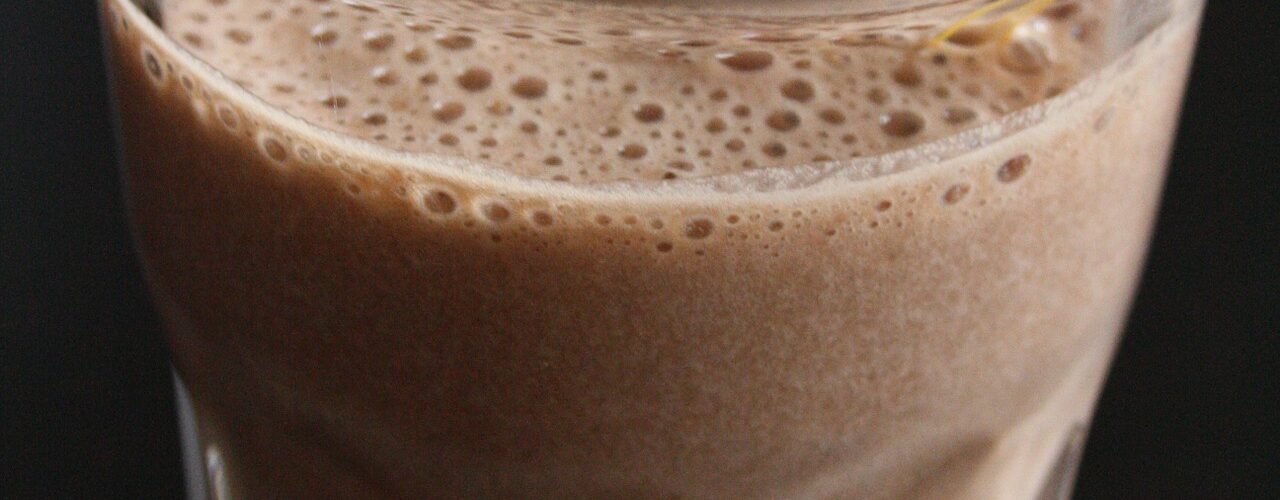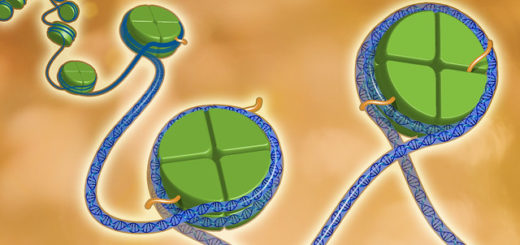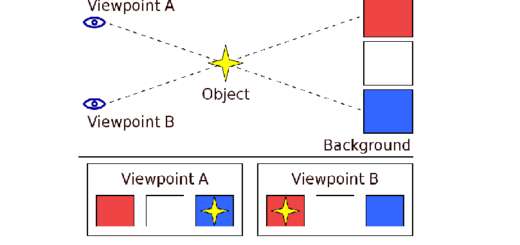Are Protein Shakes Necessary for Muscle Growth?

Protein supplementation in the form of protein shakes is very popular as they are thought to help muscle gain. Is this just a modern hype or does this claim actually have a scientific basis?
Let’s first look into the details of muscle growth, also called muscle hypertrophy. The size of skeletal muscles depends on two processes: muscle protein synthesis (MPS) and muscle protein breakdown (MPB). If MPS is greater than MPB, the net protein balance is positive, which leads to muscle gain. So, in theory, the goal is to promote MPS or reduce MPB, or a combination of both to achieve a high net protein balance1. The question is, can increased protein intake influence MPS and MPB and how much is necessary and reasonable?
To understand how much protein intake might be appropriate, it helps to understand the basics of protein digestion. Ingested protein digestion starts in the stomach, where it is broken down by the enzyme pepsin. Most of the resulting peptides (protein fragments) and amino acids (protein building blocks) are then absorbed in the small intestine. The gut itself is a metabolically active organ and extracts 40-50% of the ingested amino acids for energy production and protein synthesis. The remaining amino acids are passed to the liver, which uses some of them for the synthesis of liver proteins. Around 50% of ingested protein ends up in the plasma circulation. Only 11% of the ingested protein finally reaches the skeletal muscles and is used for protein synthesis. The remaining amino acids are used for energy production and urea synthesis.
Two research groups independently made an important observation regarding the relationship between protein availability and muscle hypertrophy, an excess of protein, and thus amino acids, stimulates MPS after muscle training. This is, however, a saturable process. With up to 0.24 g/kg body mass/meal, MPS was increasing. However, doubling the dose to 0.48 g/kg body mass/meal did not provide a statistically significant benefit23.
Another possibility to increase the net protein balance, and to thereby promote muscle growth, is to decrease MPB. Very high protein levels inhibit protein breakdown, so called proteolysis, and thereby MPB. Physiologically, a healthy balance between MPB and MPS is necessary for regeneration and wellbeing. It is therefore not feasible to permanently suppress MPB by ingesting very high protein doses.
There is one crucial exception for which more than 2.2 g/kg/day protein intake is necessary to maintain or increase muscle mass: calorie restriction. Many ambitious athletes combine muscle training with energy intake below expenditure to lose weight. Usually, when we think of losing weight we think of losing stored fat. We must not forget that muscles consume a lot of energy, even at rest. When we restrict energy intake, and therefore create an energy deficit, our body tries to save energy. Breaking down muscle protein serves this purpose in two ways: the resulting peptides and amino acids can be used to produce energy and with less muscle mass the basal metabolic rate decreases. Furthermore, under calorie restriction more protein is converted into energy, so that less protein is available to build muscles. A study published in 2016 showed that a protein consumption of 1.2 g/kg body mass/day in combination with training six days per week resulted in a loss of lean body mass over a period of four weeks. However, consumption of 2.4 g/kg/day with the same level of exercise over the same period led to an increase of lean body mass.
To come back to our initial question of whether protein shakes are necessary for muscle growth: 0.24 g protein/kg body mass/meal translates to 20 g protein for an 83 kg man. It is indeed possible to consume 20 g protein in a snack or meal consisting of normal food items. An average egg contains about 7 g protein. Three eggs consumed after the training would be more than sufficient to maximize MPS. Eggs can be boiled beforehand, are easily transportable and can be eaten by hand. Moreover, eggs are the best source of high-quality protein. If someone has a bit more time to prepare a meal after the workout, 100 g beef steak or anything that contains a decent amount of cheese delivers appropriate amounts of protein. In conclusion: yes, drinking a protein shake might look more fashionable than eating three eggs, but it is certainly not better in promoting muscle growth.
Edited by Kirsty Callan










